Space: The Final Coffee Frontier
For paid subscribers: From the preposterous tech startup that wanted to roast coffee in space to espresso on the International Space Station, there’s a lot of coffee up there.

It’s that time of the week again—and what a week it has been. It feels like it’s been at least a couple of years since last Friday.
This is going to be a quick-ish roundup, as most of the news revolves around, what else, the COVID-19 coronavirus outbreak.
Let’s dive in, shall we.

What a difference a week makes. Last Friday, coffee shops were still open, albeit doing a lot more cleaning and only offering coffee in to-go cups.
Today, whole cities have been shut down, restaurants and coffee shops have been ordered to close, and the COVID-19 outbreak has reached all fifty states (to be fair that probably happened ages ago, we only started testing properly this week).
Let’s take a look at some of the headlines from last week:
Now it’s time to move on from a global pandemic to, well, possible fraud and an untimely death.

Back in July the news first broke of the death of Indian entrepreneur and founder of the coffee chain Cafe Coffee Day V.G. Siddhartha, who was found dead amid apparent financial troubles.
Now an investigation into Coffee Day Enterprises Ltd. initiated by its board in reaction to Siddhartha’s death is expected to find at least 20 billion rupees ($270 million) is missing from the company’s accounts.
The reasons for the missing money aren’t known, but some theories include “whether Coffee Day was manipulating its finances to show cash and profit and whether Siddhartha was taking cash out of the listed company to pay off a large investor to whom he had guaranteed a return.”
The company employs tens of thousands of people across India, and has been severely impacted by its founder’s death, with share prices dropping 90% in the months after his body was found by fishermen two days after going missing. Company accounts at the time showed “zero cash in the bank” and severe liquidity issues resulting in difficulties paying staff, according to the report.
It’s a big fall for a company that was supposed to be India’s answer to Starbucks, and that had introduced affordable coffee to the country’s burgeoning middle class.
Nothing new to report here. Wash your hands.
Coffee might help mitigate the effects of a high sugar and high fat diet, according to new research. Which, considering many of us are stuck indoors with not much to do but eat snack foods and drink coffee, is pretty good news.
According to researchers at University of Illinois at Urbana-Champaign, coffee consumption can “offset some of the negative effects of an obesogenic diet by reducing the storage of lipids in fat cells and limiting weight gain and the production of triglycerides.”
How? Well, there’s talk of lipid metabolism and percentages and other terms. I don’t know, look, it doesn’t matter, science says it so it must be true. I’m just going to assume all those fancy words like triglycerides and terms like lower synthesis means I can eat another cookie with my third cup of coffee.
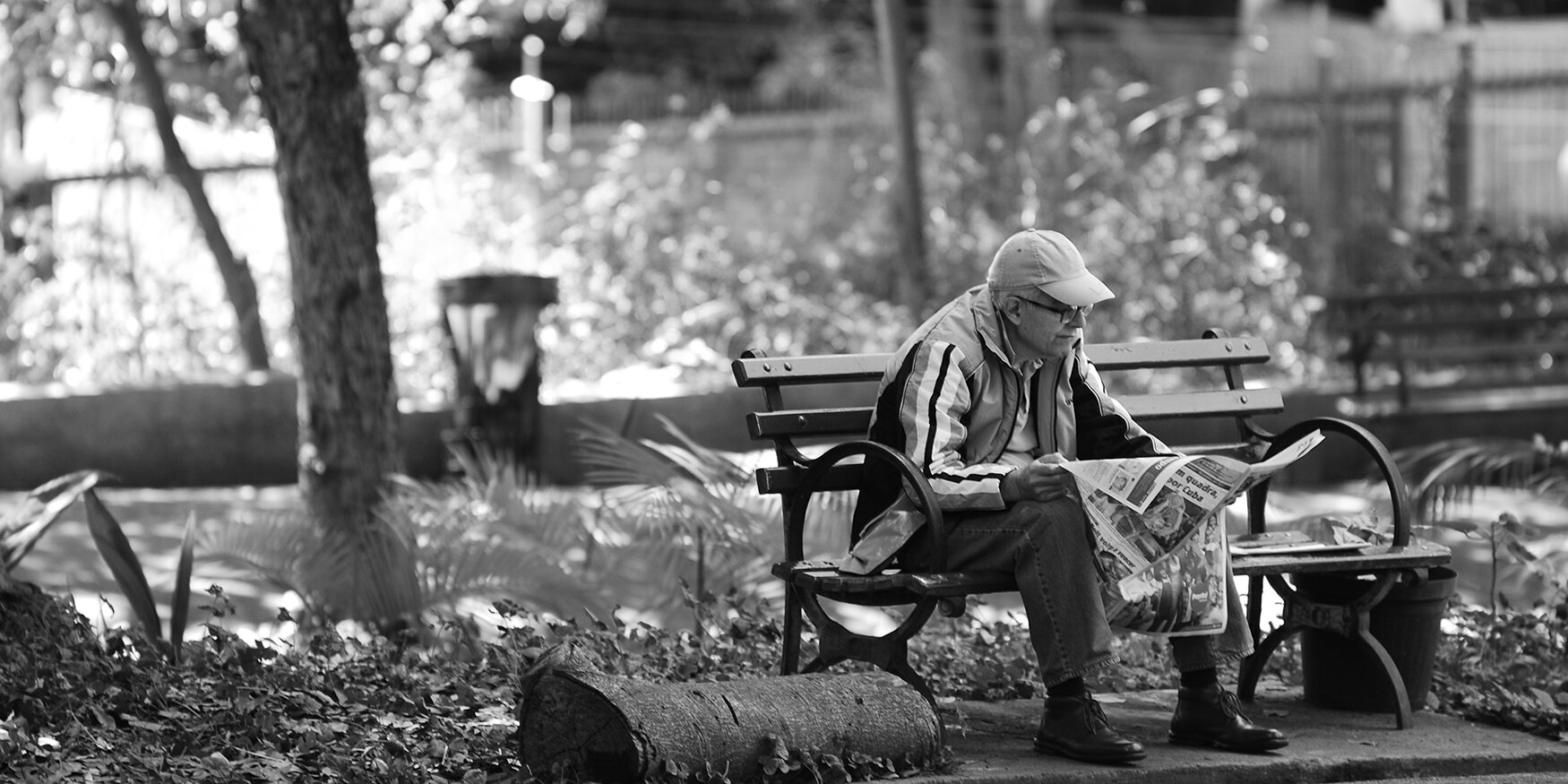
Voices Of Baristas In The Time Of Coronavirus by Sprudge Staff
How The Bay Area ‘Shelter In Place’ Order Is Changing The Local Coffee Industry by Justin Phillips
Amid Worldwide COVID-19 Shutdowns, Cafe Owners Speak Out by Jenn Chen
Struggling To Give Up Coffee And Books In Coronavirus France by Caroline Pailliez
Until next week, drink good coffee, support your local coffee company, and wash your hands.
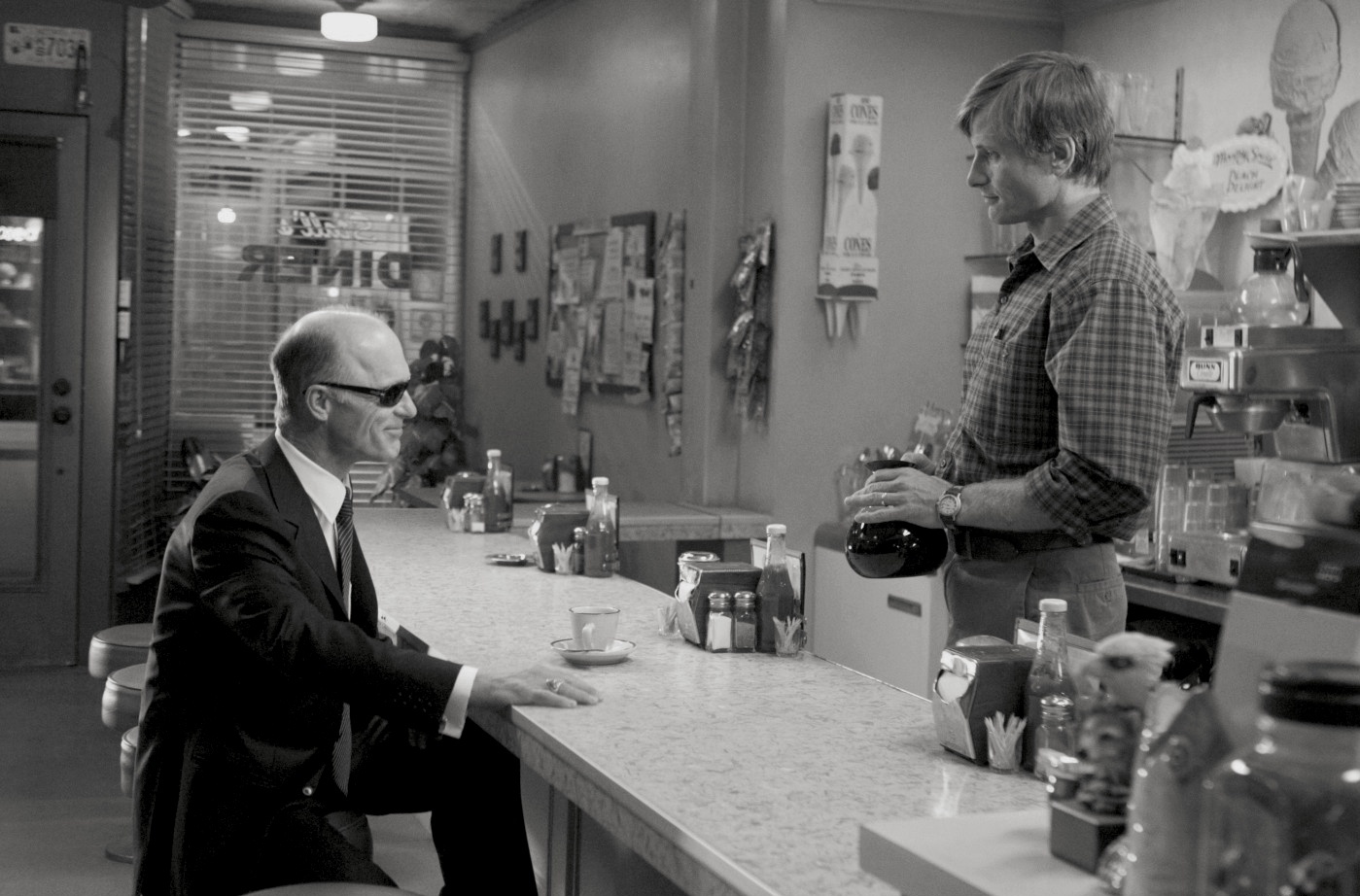
Apr 9, 2017 Coffee At The Movies Episode 6: A History Of Violence Apr 9, 2017 Apr 9, 2017
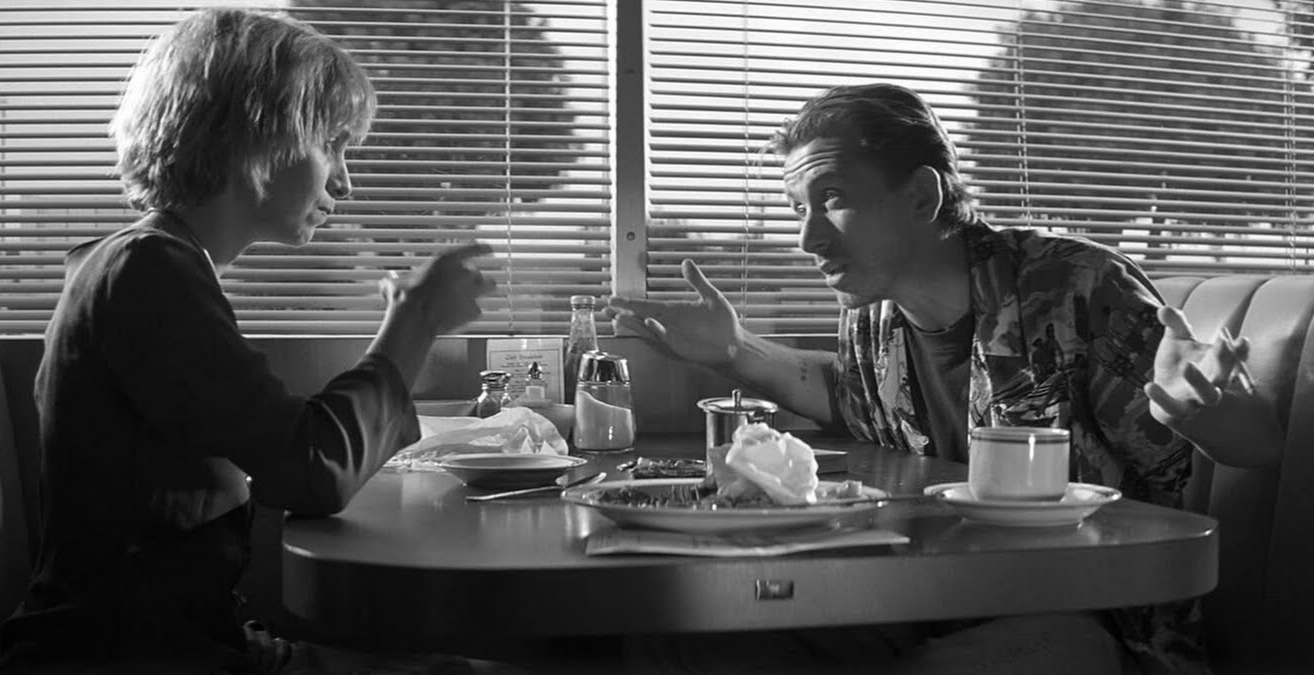
Dec 15, 2016 Coffee At The Movies Episode 5: Pulp Fiction Dec 15, 2016 Dec 15, 2016
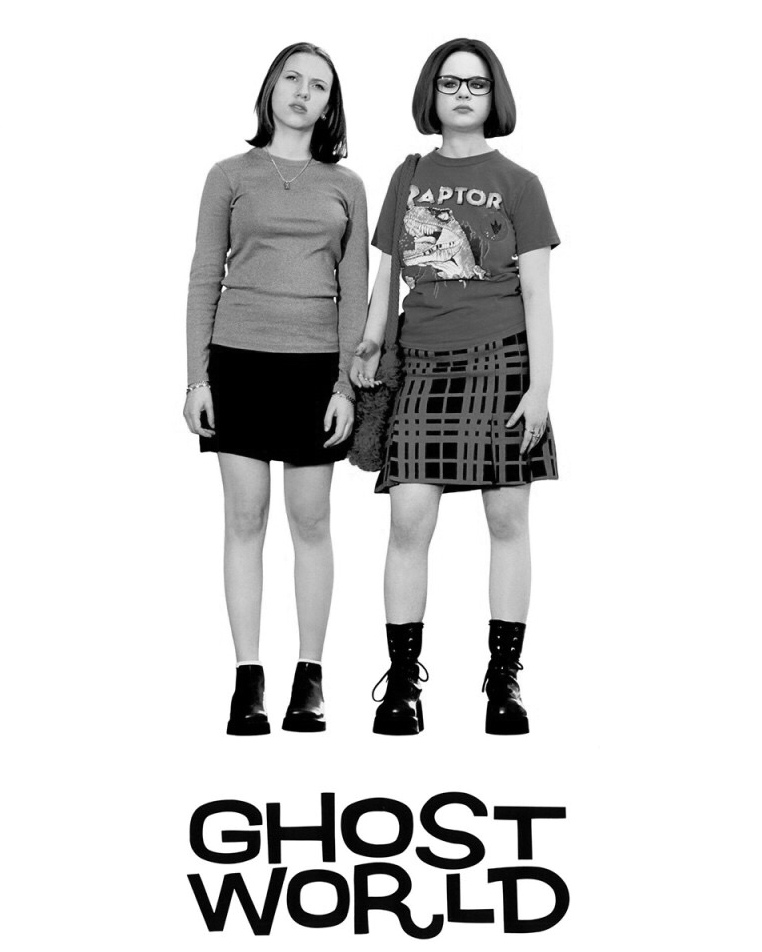
Dec 8, 2016 Coffee At The Movies Episode 4: Ghost World Dec 8, 2016 Dec 8, 2016
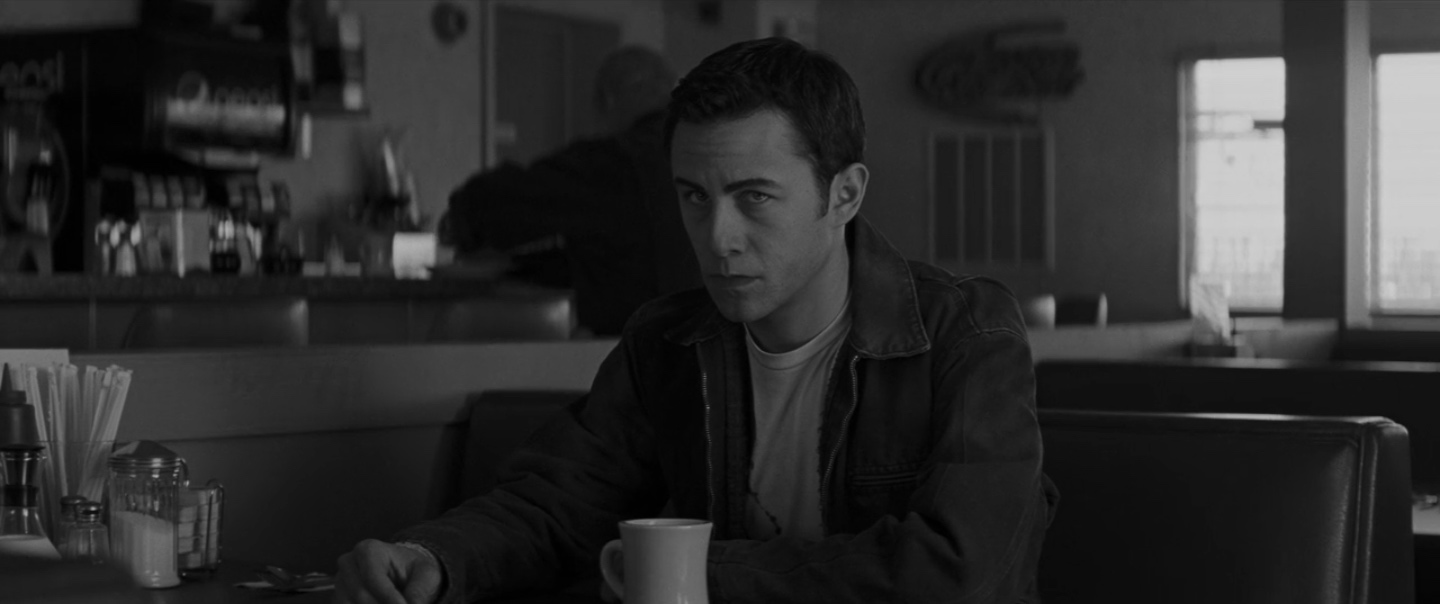
Dec 1, 2016 Coffee At The Movies Episode 3: Looper Dec 1, 2016 Dec 1, 2016
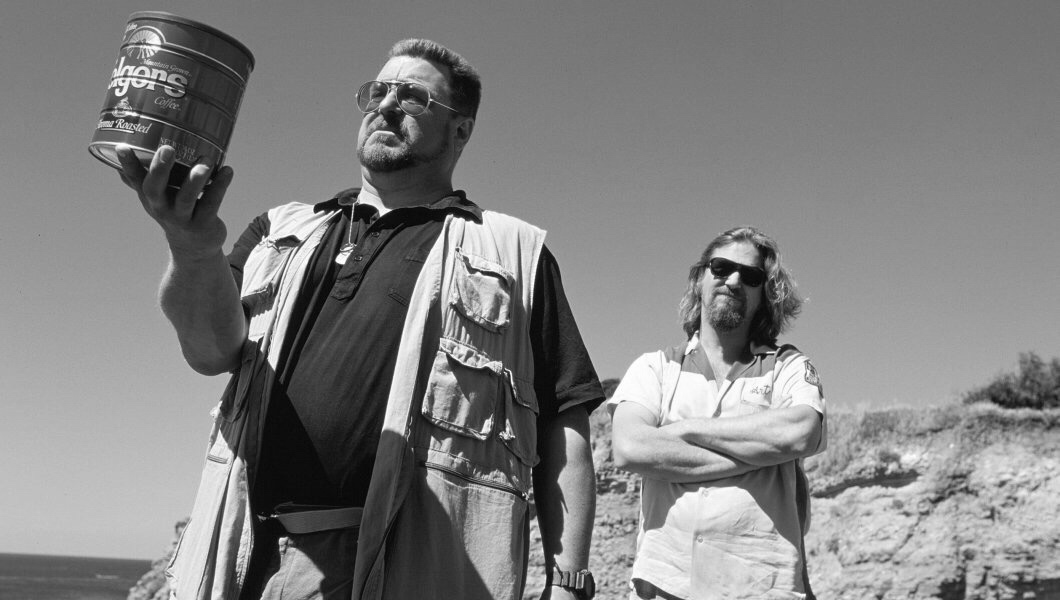
Nov 24, 2016 Coffee At The Movies Episode 2: The Big Lebowski Nov 24, 2016 Nov 24, 2016

Nov 17, 2016 Coffee At The Movies Episode 1: Scott Pilgrim Vs The World Nov 17, 2016 Nov 17, 2016
Deeply researched articles exploring all the ways coffee connects to politics, history, and culture—delivered direct to your inbox